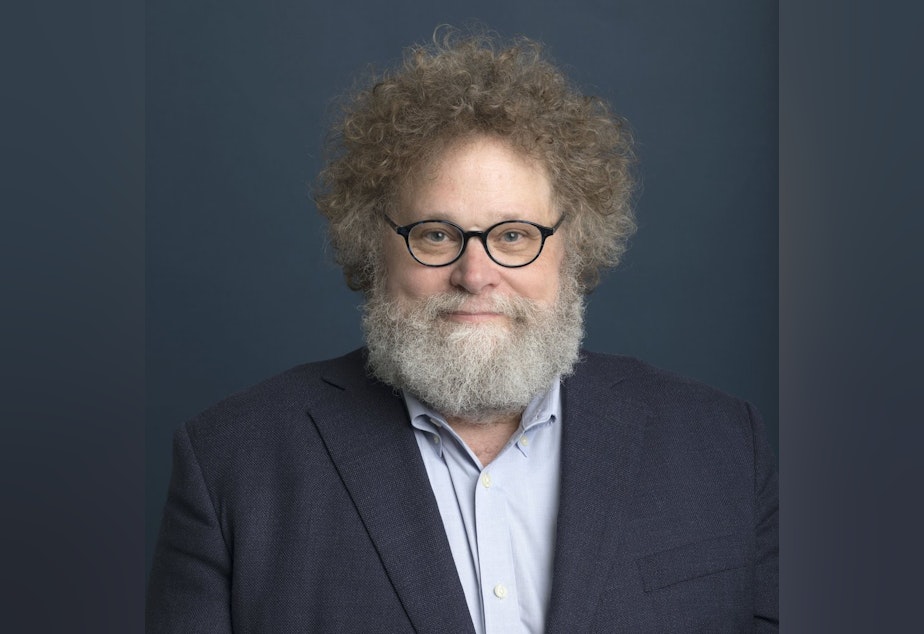A city of 'high ideals:' What's at stake for Seattle in the 2020 election?

The upcoming presidential election is preoccupying many of us to an unprecedented degree. Seattle journalist (and Mossback) Knute Berger has been thinking about it, too.
His latest piece is titled Seattle in turmoil as 2020 elections loom. It's running in Crosscut. He suggests the election could be pivotal for our state and the Seattle area in ways many of us may not have considered.
The following comments are from Knute Berger’s interview with KUOW’s Kim Malcolm
Seattle has changed dramatically since mid-February of 2020. We were at the height of a boom, in all kinds of ways. Now we not only have a pandemic, but we're facing some very, very serious financial and economic issues.
I think there are chickens that are coming home to roost in terms of, even once you take your masks off, what kind of city are we left with? And how do we rebuild and recover during the coming years?
We're a Utopian boomtown. We're pro-business, but we also have these kind of high ideals. We're this vital young city — we can solve all the urban problems. I call it "Seattle exceptionalism," this kind of high standard.
Mayor Durkan, in a recent interview with Crosscut, said, "If Seattle can't figure out how to make the best progressive city, then I fear for America." In other words, we put ourselves in this position of being leaders. I think that's very difficult under any circumstance. But when you're a boomtown with utopian impulses, those don't always go together. Sometimes boomtowns end up as ghost towns.
Sponsored
Seattle is hoping for infrastructure projects, federal funds, to create jobs, but also help solve some of these infrastructure problems that we would have, whether there was a pandemic or not — they're just exacerbated in this kind of environment. I think that that means that the election at the federal level becomes very critical for Seattle, in terms of it being able to come close to fulfilling the kinds of progressive visions that it has for itself.
You can look at periods like the Great Depression and see what happened in terms of the federal government and what it did with, say, the New Deal. You can even look at the Boeing recession period, which is 50 years ago now, and some of the grassroots activism that really made improvements to the city.
What I'm interested in is, what will recovery look like for us? Disaster doesn't mean the end. It means repositioning, reshuffling, rethinking, reimagining. I think these crisis points can be used very productively, but it's not easy. I think history has some lessons to teach us about how to improve yourself after a major stumble.
Listen to the interview by clicking the play button above.





